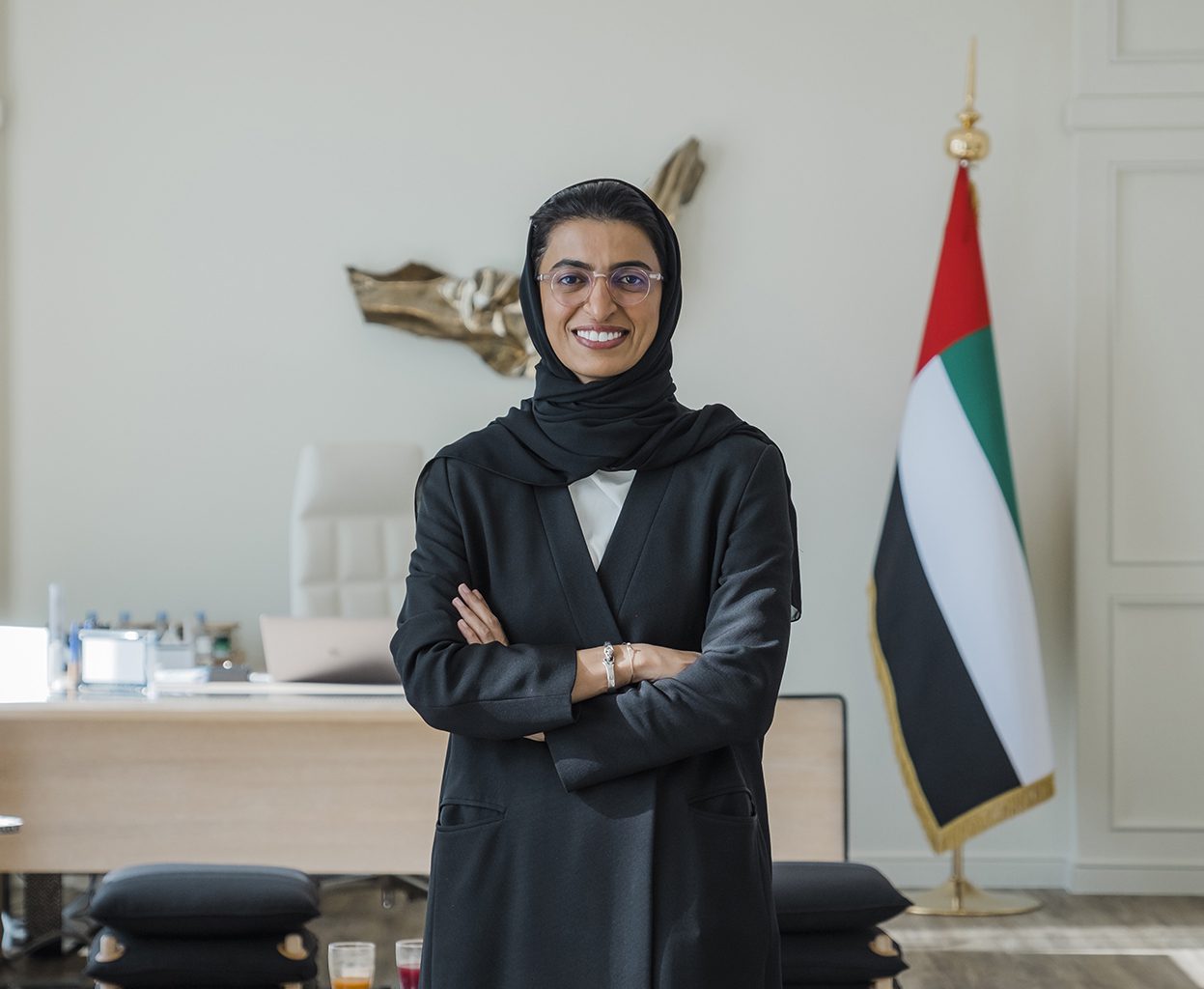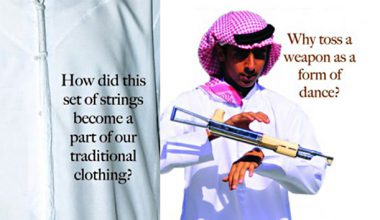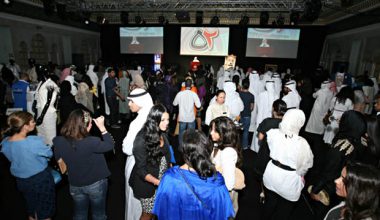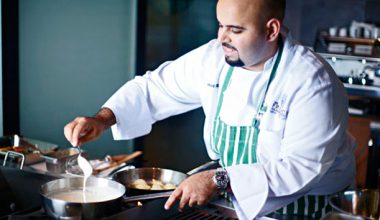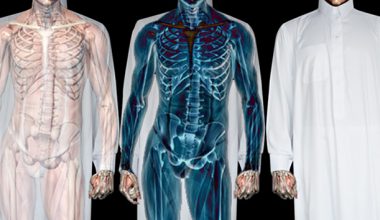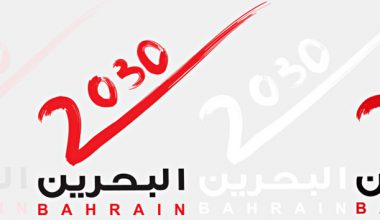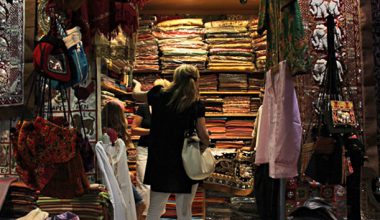To celebrate our Tenth Anniversary issue, we flew out to Abu Dhabi to meet with the notably experienced and tenaciously motivational, Her Excellency Noura Al Kaabi, U.A.E.'s Minister of Culture and Knowledge Development. We sat with H.E. Noura, to learn more about her personal ventures, life trajectory, and her expert vision for Abu Dhabi’s Cultural and Creative industries.
Childhood Interests
Malak Al-Suwaihel: I understand you frequently describe your youth and upbringing as one not of the “typical girl.” Beyond not playing with dolls and teddy bears, what do you mean by that statement? Where did your love for video games come from, how was it received by those around you, and how has it formed your position as a young Arab woman of a particular social standing?
H.E. Noura Al Kaabi: I was born and raised in Abu Dhabi my whole life. My childhood was a fun one. I had loving parents who empowered me, and I am who I am today because of that love. Being in Abu Dhabi, I remember my days as a student in a private school very distinctly. I stayed in that private school for a good 3 years. During that time, my mom, who was a headmistress at another government (public) school, all of a sudden and out of nowhere, transferred me to the school she worked at. Years later, when I asked my mother why she moved me from a private to a government school, I assumed her answer would be that she wanted me in the same school she was in. But to my surprise she replied with: ‘Because every time I ask you to write your name in Arabic you write from left to right, instead of from right to left.’ I like to joke about it and say she missed the creative genius part of me that wanted to bend the rules, but she was more concerned with harnessing my language acquisition.
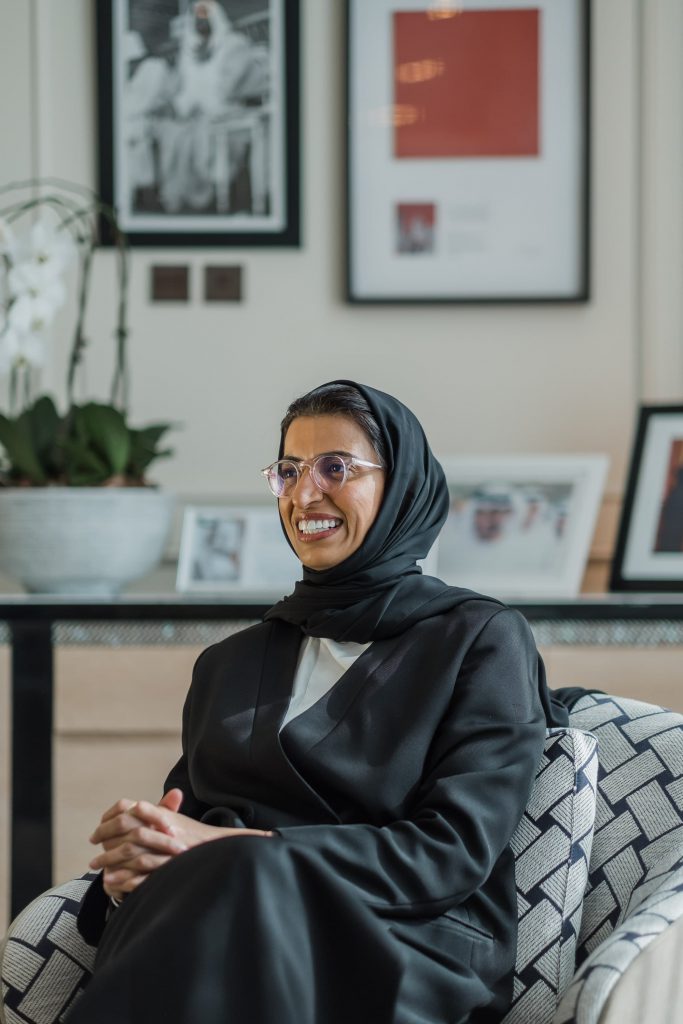
Personally, I’m grateful for the transition. It helped me strengthen my Arabic—truly making it my mother tongue. I’ve been attending public schools ever since, even after moving to the United States. There, I attended an American public high school in a small town in Pennsylvania where my father had enrolled in a program for military professionals. That year specifically shaped the way I interacted with and experienced different cultures.
Growing up, I enjoyed playing video games. It was the norm for me, and my family were fine with it. We travelled during the summer when I was a kid as well, to London and the usual vacation destination cities in France, and we still do to this day. Yet, as typical as my upbringing seemed, I did have a sense of freedom that was perhaps not afforded to others. If I didn’t want to play with dolls, I could play with our Sega console. I enjoyed video games, and also played outdoors with the neighbor’s boys. We rode our bikes, played at the beach, or stayed home and played video games. For that time, that wasn’t considered normal for girls to do. But I didn’t feel like it was wrong, and no one said it was wrong—or rather, I don’t want to use the word “wrong,” but no one said it wasn’t “normal.” It was normal in our home and amongst our neighbors. Fun fact, one of my childhood friends from the neighborhood is a minister now, the Minister of Higher Studies, His Excellency, Ahmad Belhoul (Dr. Ahmad Bin Abdullah Humaid Belhoul Al Falasi). We are the same age, we grew up playing together, and share the same fond memories of our childhood.
Education:
MS: I understand you completed your high school diploma in your home
region of Abu Dhabi, with a one-year stint in Pennsylvania, USA. What was that experience like?
- Follow-up: Can you talk to us more about your college days in the UAE? And as for your higher degrees, what was your experience like at the London Business School?
NAK: Back to the statement I brought up earlier about experiencing and accepting different cultures, in Pennsylvania, the student body was made of more than 40 different nationalities who also had kids my age. So in the high school I attended, I mixed and mingled with those kids who were Latin Americans, Europeans, Asians, South Americans, etc. The American school system also differed from the ones back home. The curriculum was different and we were offered electives, which meant we had choices. There, you chose what you wanted to study based on what you wanted to do later at college and university. Back home, you choose in a broader sense—between classes geared towards the sciences or the arts. I appreciated the freedom. And for me, I made sure to focus on the sciences.
That year also opened my eyes to American cultural personalities like Oprah and other pop-culture fodder that I was exposed to through TV programming, particularly MTV. It also happened to be the year that the O.J. Simpson trial was televised. All of this is, what I call, a ‘useful culture shock.’ Anyway, after junior high, I returned home and decided to transition from the sciences and try my hand at the arts and humanities. Back then, I was still unsure of what I wanted to do professionally.
After graduating, I finally knew I wanted to do something with computers—seeing as I enjoyed my time growing up playing video games. I saw my life ahead of me: I knew I was going to major in computer science at Al Ain University. I have to admit, it wasn’t what I thought it was. It’s good to stumble in an early age, rather than later. From there I found my way to the Management Information System department, where I graduated and started working in IT.
As for my time in London, I joined a leadership/executive program at London Business School. And because I’ve grown up taking multiple trips and family vacations there in the summer, London is a city that is always familiar to me, as opposed to being relocated to a city like Pennsylvania. After graduating, I couldn’t make the time to exclusively focus on my Master’s degree, so I balanced that with my first job at twofour54. I was split between doing a proper executive MBA or one in Executive Leadership at London Business School, so I chose the capsule, quick-fix option, which would also expose me to more on-the-ground cases and richer subjects that could help me with the practicalities of my career.
Occupation
MS: Talk to us about the transition from your life as a student to the start of your professional career. Also, we understand that pre-2007, you were in a management position at Dolphin Energy before your shift as chairwoman of twofour54 media zone. What was the transition like from the energy sector to the creative industry?
NAK: My father was keen on me working as soon as possible because he understood that I needed to start building my own professional identity as early as possible, and to be responsible and independent. So I worked for three years in the IT department of a military hospital. After three years, I had an insightful conversation with my father. He told me, ‘you’re not military personnel, but a civilian, so your promotion and progress within the military structure won’t be as easy.’ That’s when he first told me about an energy company called Dolphin Energy, and suggested that I give them a try. So I wrote out my CV, sent it out and landed an interview. I got accepted from there, without my father intervening in the process. The three years at the military hospital helped shape my personality and allowed me to transition into another job.
If I remember correctly, I stayed at Dolphin for about three and a half years. I was supposed to work in the IT department but there was a vacancy in Training and Development, so the HR director said to me, ‘You know, Noura, there’s a vacancy in that department for about three weeks, just fill it for us for that amount of time until the specialist arrives.’ But instead of three weeks it prolonged for over three years. To be surrounded by specialists was a great learning experience. But after those three years, everything started to feel routine again and I felt like I was no longer being challenged.
Luckily, I got a call from His Excellency Khaldoon Al Mubarak. He wanted to talk to me about certain projects. This is when we started talking about the possibility of creating a media city, which would later become twofour54. Nothing at this stage was clear, there was just a business plan made by a consultancy—no structure or budget yet, and I was the first employee, even before the CEO. I was assigned to facilitate an office space that will help the company set up. I was excited and worried again at the same time. What relieved my slight anxiety was the team of experts and professionals that I knew would be attached to this new project. I experienced and learned everything from the ground up—from HR, to finance, to learning how to strategize, and how to build a creative space.
Pop Culture Influence
MS: We’ve read in previous interviews that the American film, The Goonies (1985), a story by Steven Spielberg, greatly influenced your formative years. What was it about a film that followed the journey of a band of youngsters from Oregon (USA) that captured your attention, and if at all, formatively shaped your creative outlook?
NAK: The thing that captured my interest about that film, or rather, the connection I made between my own life and the characters in the movie was the overlap between growing up in an average neighborhood in the States yet having those classmates and friends that were from vastly different cultures coming together and living in a single community. I didn’t just grow up with Emirati nationals, but with kids from different fabrics of culture and society. It wasn’t about who you were or who your parents were, but we were just kids who happened to be friends. And not in spite of, but because of our differences, we accepted each other and formed communal bonds.
What I liked most about The Goonies was the progressing story of the character, Sloth. Despite his shocking appearance, he wasn’t a monster. He was very kind, and he wasn’t judged by the other kids by his appearance. Along with the film’s adventure aspect, it’s a simple film about how a group of kids were so dedicated to each other and their shared mission to save their home. It was that sense of community and shared purpose that spoke to me.
In terms of molding my creative outlook, I think it shaped me more intellectually. The mission to save their home is a tangible objective—from the physical house to the motif of the map. These kids had a perceptible goal and they used their intellect to persevere against all odds. The film expands on how people think and analyze things. And in relation to my current position here at the Ministry of Culture and Knowledge Development, that’s exactly what we do. We deal with similar questions: how one can spread knowledge, get people interested in a shared cause, and exposed to difference and diversity (of cultures and ideas in general).
All of this I can trace back to my childhood when I was studying in the States. Getting to know and working with people from different backgrounds is not about dealing with your own kind of people. It’s an enriching experience that teaches you how to harmonize, how to be inclusive, and it teaches and gives you a firsthand experience of coexistence. And speaking from a level of intellect and through a social perspective, these values resonate in an inclusive environment, which make a community more tolerant, transparent, and open.
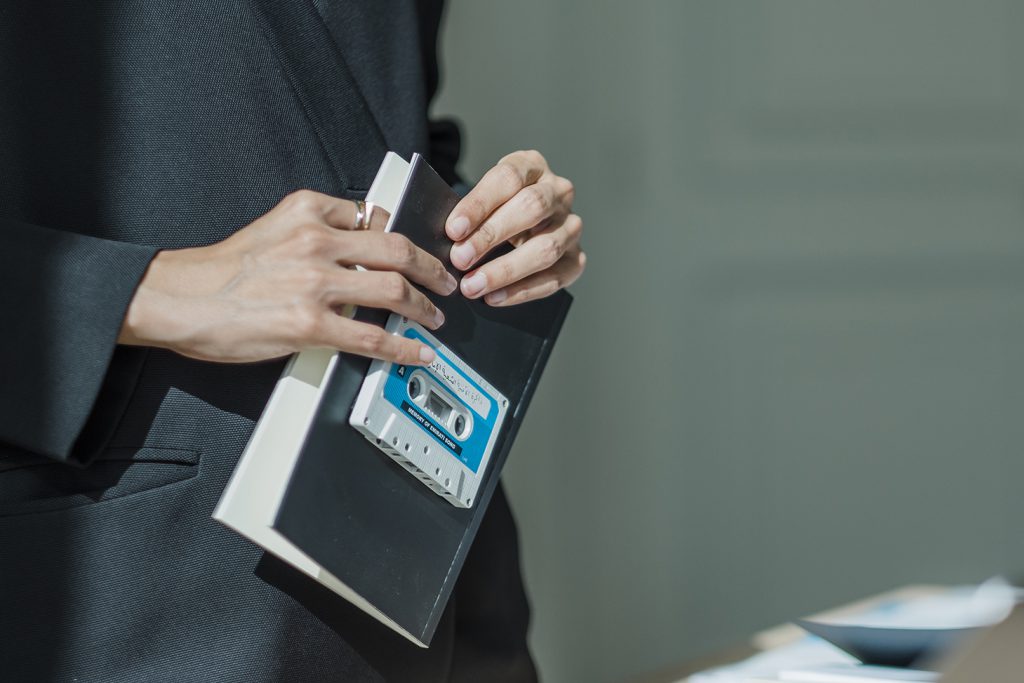
Creative Leanings
MS: I understand you were always dabbling in the creative field, if not through your public life, then in your private life through your love for books, writing, and photography. Talk to us about your own personal projects and contributions to the world of art and creativity, and how the pursuit of creativity affects you professionally.
NAK: I always enjoyed movies, reading books, and art in general. I love visiting art and history museums, which are elemental spaces that encapsulate your first impression of a city’s culture. Your visit to these spaces informs how you get to know and appreciate the city’s people—you trace the connections that can be made between yourself and others. Museums are all about the context before their content.
As for photography, it’s a hobby of mine, but unfortunately I didn’t continue doing that. Especially with the ongoing wave of iPhones, it just becomes easier to use a camera-phone rather than a professional one to document your day-to-day or your travels. Other than that, what fills my passion is the chance to creatively direct certain projects we work on, which include campaigns for the company, or a commissioned project for an external party. The creative projects I’ve recently been a part of have been ones related to my current job. So nothing that’s personal to me in terms of creative output, but work that is attached to an external organization. The problem is time management. I have a lot on my plate right now. But hopefully one day!
Creative Business
MS: With a mind on business, of this creative economy that is rapidly growing in Abu Dhabi, and the Gulf region as a whole, how does the ministry engage with different stakeholders, be it creative professionals, private/public sector–to further promote and develop this industry. Creativity is the hot word at the moment. As minister of Culture and Knowledge Development what has worked best, and what challenges do you see so far?
NAK: What works best for us is definitely working together and having a clear roadmap to help us achieve what we want to achieve in terms of our strategy. It’s been a year and two months since we started working at the Ministry of Culture. When we started, we had a cultural retreat where we had local experts discussing opportunities and challenges, and solutions that we can provide. We publicized a ‘cultural map,’ an index to measure the impact of culture and the sector on the creative scene. Our strategy focuses on the cultural and the creative sector, at the same time. There has been a lot of discussion on policies and regulation that enable and support sectors, as well as putting policies in place that empower the talents.
From there, we now know how to fill the gaps through a cultural fund that His Highness Sheikh Mohammed bin Rashid announced. We also announced the inauguration of our national orchestra school, which would carry its own sense of character and national identity that distinguishes it from orchestras in any other country—from the type of instruments they play to their sense of musical history.
These are some of our projected plans, locally speaking. In terms of our outreach to other neighboring countries, we are reconstructing the Al-Nuri mosque in Mosul, which is a 50 million USD project in collaboration with UNESCO. Through this project, we hope to create jobs for the youth in Mosul. In a city that was once a beacon for intellectuals and one of the most reputable universities—the foundation for improvement exists. What people in Mosul really need is the monetary and constructional aid to rebuild in order to boost their standards of living, as well as that of future generations.
Vision 2030
MS: You’ve once mentioned, and I quote, that “twofour54 aims to build a strong, sustainable and private-led media industry, in support of the capital’s economic diversification strategy as laid out in the Abu Dhabi Economic Vision 2030.” Talk to us more about the plan to diversify the economy, in-line with Abu Dhabi Vision 2030. How was the process, who were engaged in the process, how is the experience for you, especially considering it’s new territory?
NAK: The Abu Dhabi 2030 plan has now changed in certain aspects, and the way in which it’s linked to the media sector. Yet, I can tell you about twofour54 as a project, or rather, a company. The reason we started with twofour54 is because it is diversifying the economy in a way that supports the creative sector, and encourages more content creation in Abu Dhabi. That was the goal. For the past 10 years we’ve attracted companies and freelancers to work with us. We’re proving that you can have both your daytime government job, but also set-up your own private office or be a freelancer as well. Or you can succeed and do just as well working as a freelancer or within the creative sector alone.
We work very closely with parents of budding creatives. We created something called the Creative Lab, where apprehensive parents can come in, and whether they’re initially approving or disapproving of the creative industry, the moment they begin to understand the kind of work their kids want to engage in, they begin to appreciate work in the (private) creative sector and the impact this kind of work has. After 10 years now, creative professions—whether it’s in photography, film directing, makeup artistry, fashion design, etc.—are taken more seriously.
Righting Wrongs
MS: When it comes to misconceptions of the creative and cultural industry, what misconception really frustrates you and you wish you could dispel?
NAK: That professions in the creative and cultural industries are not a ‘real job’ like those of the public or government sector. I think that’s the case because the salary isn’t as scheduled or timely as those jobs of the government sector. Yes, having financial stability is important, but this is where I say you need to find a balance between what you can offer in terms of your skill set and finding a steady paycheck.
Despite this misconception, being part of the creative and cultural industry is serious work. Once we have more anecdotal evidence and more personal success stories of those working in the creative industry, I believe this misconception will diminish.
- Follow-up: Have you seen a change of perception throughout these past couple of years—in regards to shifting from the safety net of a government job, to more private, creative sectors?
NAK: Yes, I’ve seen it immensely. After 10 years now, creative professions—whether it’s in photography, film directing, makeup artistry, fashion design, etc.—are taken more seriously. You don’t have to convince those parents, or those of an older generation, that this kind of work is prosperous. This, in itself, is an achievement. And the driving force of social media and online platforms definitely played a major role in allowing this cultural shift to happen. You’re instantly connected to different cultures, so your mode of perception changes about what success means and where you can attain it. Media as a whole is at the center of this shift, whether it’s through television programs or through your phone’s screen, you’re exposed to different realities that shape and change your thinking.
Another factor is content creation for these media platforms also creates more job opportunities. Financial compensation for film rebates. When you get international movies being filmed in Abu Dhabi, like Star Wars, Mission Impossible, Bollywood films, a Michael Bay movie (Six Underground), so you garner interest and get access from the UAE to work with such internationally renowned creative production houses. From there, it’s a ripple effect, it changes and elevates the way we think of jobs in the creative industry. I’m proud to even see sometimes representatives from international, well-known companies such as Netflix saying, ‘We’ve been here for 8 years, we’ve been at the conferences and film festivals you’ve organized, which inspire us to continue doing what we’re doing.’ Such stories do matter because at the end of the day, it’s a professional sector that you want people to believe and invest in. Whether the production output is an artwork, a film, a theatrical play, but at the end of it, it has a cultural and personal impact on people. This is where we’re at, professionally and philosophically, in the media sector.
Future of the UAE’s Cultural Economy
MS: With an eye on the future, how important is it that the UAE explores new developments and trends such as A.I. (artificial intelligence), IoT (internet of things), etc. Are there any initiatives or plans regarding these rising technologies?
NAK: We held a panel discussion during World Government Summit 2018 where the head of Google Arts & Culture and other experts from similar fields talked about A.I., how it captures information, and how it can greatly advance our work. In the last Al Burda Festival, we transformed the subjects of Islamic calligraphy, art, and monuments into a series of talks. We used A.I. swarm technology to enable simultaneous discussions and conversations. Truly, all entities in every conceivable line of work should look into and adopt A.I. For us, it will help in terms of more efficient and impactful results.
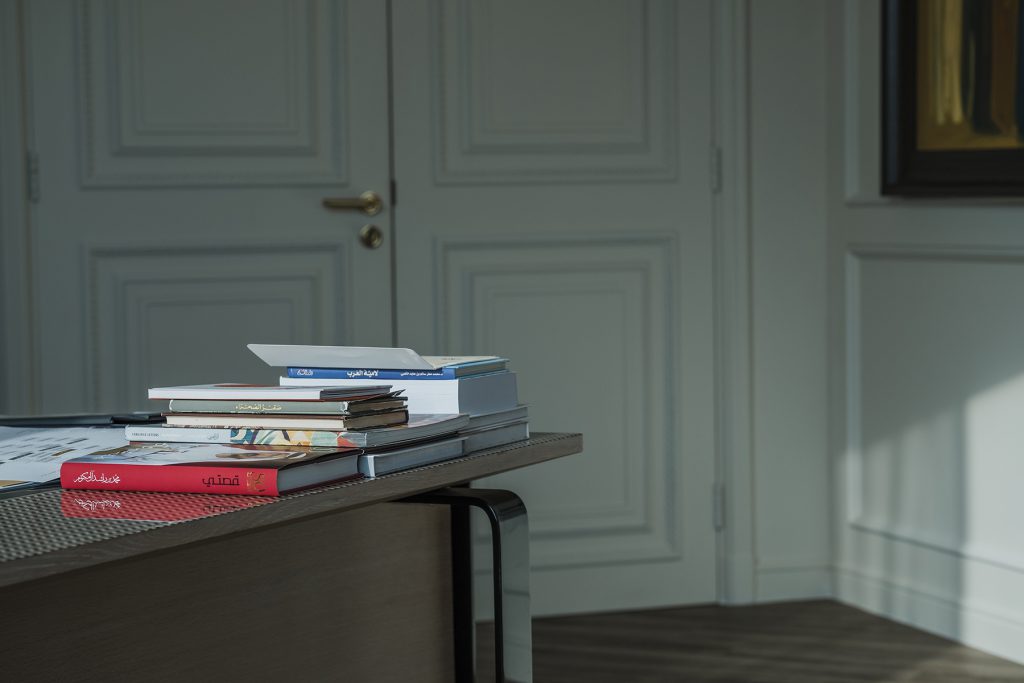
Future Tense
MS: What are you looking forward to the most—short-term and long-term? We know it’s a tough question, but we have to ask it.
NAK: Well, short-term I feel like we have a clear road map. The ‘cultural map,’ or the ‘cultural and creative index’ are the priorities. Once we achieve them, this is where we’ll be able to take the sector to the next level. Futurewise, we want the UAE to be a creative hub where talents and artists aspire to be residents based out of the UAE. We want for the country to be the bridge and the gateway to creative excellence. So in the long run, I wish to see more musical presentations, theatrical performances, and other artistic endeavors flourishing.
MS: This is a question I feel is important to ask: Do you believe it’s wise to invest in a certain sector within the creative industry, than to focus on them all? –to be a leader or identify the country in a certain sector. For instance, Dubai now is the ‘creative city’ when it comes to design. What’s your personal and professional opinion?
NAK: I think it’s important that we place policies that enable all forms of cultural production—while we might shine and flourish in certain arenas of the creative and cultural industry—what’s more important in our progression is how to help and enable the progress of those arenas that are not as refined or cultivated. There is a high potential for success across the board, especially in the creative economy of a nation like the UAE, its certain Emirates and what they want to achieve and what those specific local entities want to achieve, priority-wise. We’re here on a federal or regulatory level to help out.
Spotlight on Creatives
MS: Khaleejesque is adamant about shining a light on local and regional creatives, and the similar and unique sets of challenges and obstacles they face in their respective fields of interest. My question here is, how can creatives in the UAE engage with the ministry, and what opportunities are offered to them?
NAK: This is part of what we’re doing as well—in terms of bolstering or giving creatives a platform. The ministry is there for creatives, whether it’s for an event or partnering with a certain entity in either Abu Dhabi, Dubai, Sharjah, or wherever they may be. We also support creative initiatives, who have, on countless occasions, visited the ministry and directly asked for aid or assistance.
On our end, we do measure projected-outcomes on the basis of what creative initiative should be prioritized and what makes sense for us to strategically support. I’ll give you an example: we supported the first graphic biennial happening in Sharjah, which is called the Ministry of Graphic Design. We’ve been getting positive feedback since. Firstly we’ve highlighted an event that is happening in the UAE and the region for the first time, and secondly, it’s happening at such a level that it’s optimal for our ministry to support such an event.
In terms of aiding local artists and creatives, this is where the Cultural Fund will be of use in the future—whether in art, music, theater, etc. The ministry also helps young talents with scholarships that are offered by the country, which now include the top 100 schools (internationally) in the Humanities and Arts. As a Ministry of Culture, we want creative students to have access to the best institutions and facilities, whether local, regional, or international.
Word of Advice
MS: When it comes to specific messages or advice that you’d like to give to local creatives, what would you tell someone who’s just starting out?
NAK: I’d remind them that this is their passion, therefore they should persevere and continue to research their talents and gain experience. So having mentors and experts who can help and support them throughout their career is crucial, whether through an institution or an individual expert. Harnessing and perfecting your talent is not an overnight accomplishment. Take the Emirati abstract artist, Abdul Qader Al Rais, for instance. He had his first solo exhibition in Paris, France only recently, and he has been painting since the early 1970s. Art and the creative industry are not a ‘quick win’ business. It takes years of practice and dedication, and putting in hours of practice every day to be a talented pianist. It’s a tough business to be talented and to have those around you appreciate what you have to offer. I feel that consistency is important, and working with the right people is important. And for us as a nation, in the long-run, it benefits us to have artists and other creatives expressing themselves and transcending borders to spread their message, as opposed to the usual arenas of global communication that are broadcasted through politics or economy.
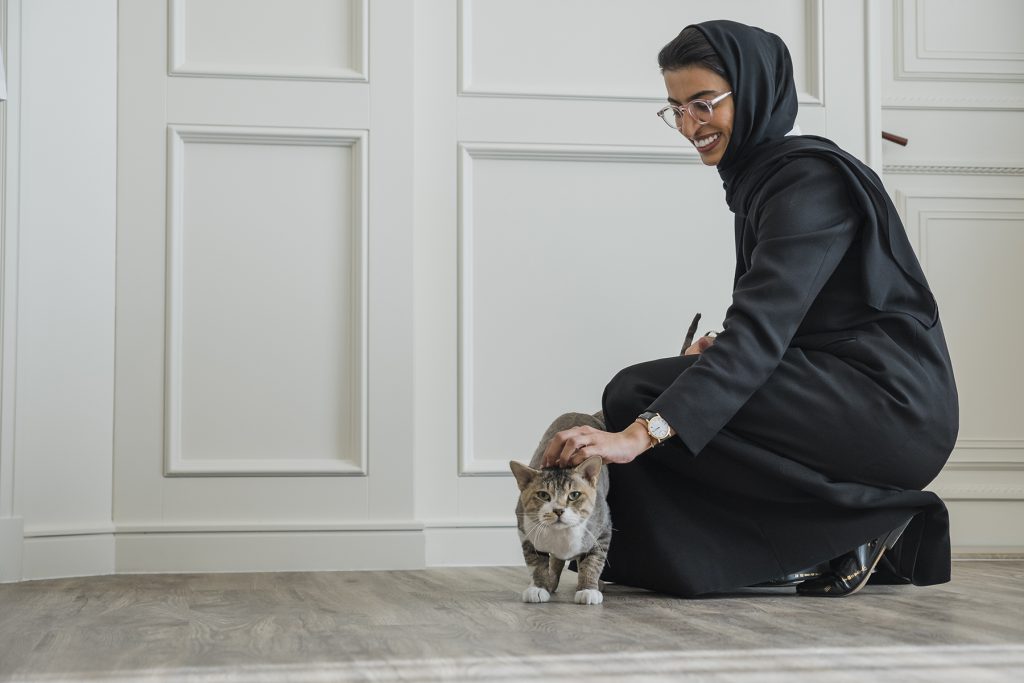
Wrap Up
MS: Last question, are there, as you mentioned, success stories or any achievements that you are proud of?
NAK: Many! From the past year, I’m proud of the National Pavilion in Venice. I’m proud of the UAE Design Stories that we took to Milan and then London. I’m proud of the artists who are exhibiting their work locally and regionally, as well as those who, like Abdul Qader Al Rais and Hassan Sharif, have exported and displayed their talents internationally. For your work to be in a museum is a great achievement.
Until Next Time
MS: Any final message or note that you’d like to give our readers? Any random thing!
NAK: Don’t always be serious. Have fun doing what you do while you’re doing it!
An abridged version of this article was featured in Khaleejesque's Tenth Anniversary, March 2019 issue.
Words: Malak Al-Suwaihel
Images: Mahra Al-Mehairi

